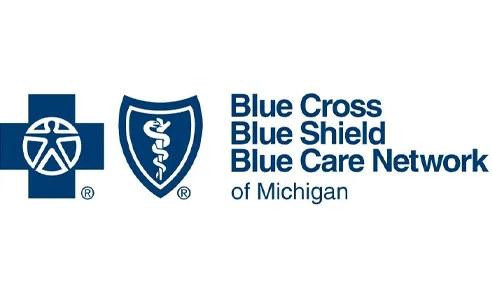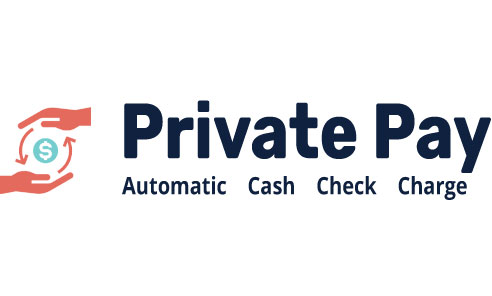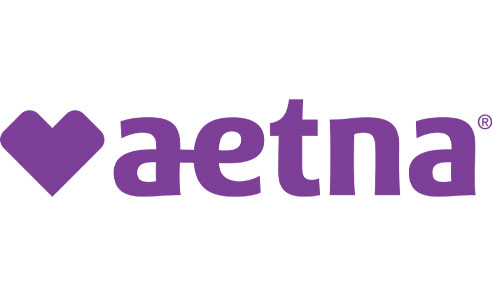Grief Counseling in Troy, MI
Grief is a deeply personal journey and takes many forms–whether it’s the passing of a loved one, a major life transition, or the end of a close relationship. While grief is a normal response to loss, grief is also immensely painful and seeking help can be a crucial step in moving forward.
Grief counseling provides a safe, supportive environment to explore these emotions and begin healing. Through compassionate guidance, you’ll learn how to cope with your grief, find meaning, and slowly rebuild your life with renewed strength.
At Start My Wellness, we understand how challenging this time can be and are dedicated to offering high-quality affordable counseling to residents of Michigan. We offer in-person sessions at our Ferndale clinic and online sessions at your convenience so that you can get the empathetic, accessible mental health support you need.

In-Person Therapy
Get expert support tailored to your unique needs.

Online Therapy
Accessible and efficient counseling from the comfort of your home.

Insurance Accepted
We are in-network with Aetna, Priority Health and BCBS for Michigan residents.




Find Healing and Support Through Grief Counseling in Troy
At Start My Wellness, we believe in providing personalized care. Our grief counseling services focus on creating strategies that help you manage your grief and develop lasting skills that support you as you move forward. Whether you’re looking for in-person assistance or the flexibility of online counseling, we’re here to help you find hope and healing in your own time and your own way.
How Much Does Therapy Cost?
You Will Know the Cost Up Front
Start My Wellness provides you with transparent access to all of your billing information. Before your first appointment, you will get a free cost estimate, so you’re never left wondering “How much will I have to pay?”
We Accept Insurance & Payment via HSAs
Meet Our Therapists
Specialties
Type of Therapy
Patient Population
Issue Focus
Insurance Accepted
Read Full Bio +
Specialties
Type of Therapy
Patient Population
Issue Focus
Insurance Accepted
Read Full Bio +
Specialties
Type of Therapy
Patient Population
Issue Focus
Insurance Accepted
Read Full Bio +
Grief Counseling FAQs
HIDDEN - DO NOT DELETE
Can you do grief counseling online?
What kind of therapy is best for grief?
Several types of therapy are effective in helping individuals process grief and learn coping strategies to manage it effectively, including Cognitive Behavioral Therapy, Acceptance and Commitment Therapy, and Group Therapy. Each person responds differently to therapeutic treatments and your therapist or counselor will work with you to determine the most supportive option for you. If you’re deciding on options, call us today and we’ll be happy to answer any questions to see what the best fit for you is.
How long does grief counseling usually last?
Grief counseling is very dependent on individual needs and circumstances with an average range of 6-20 sessions for complete symptom remission and processing. Factors that impact how long grief counseling lasts include the severity of the loss, the presence of complicated grief, personal history, and available support systems. The purpose of counseling is to help you process loss, learn coping strategies to manage symptoms, and ensure you have the support you need going forward.
What can I do outside of therapy to manage my grief?
There are several ways you can process grief outside of therapy, through introspection, self-care, and remembrance.
- Introspection: Journaling or mindfulness activities like meditation help you process your emotions neutrally, helping to manage complex emotions and gain insights on your thoughts and feelings.
- Self-Care: Taking care of your physical and emotional needs.
- Remembrance: Creating meaningful rituals help you honor your loved one and process your grief constructively, maintaining a sense of connection and purpose throughout the grieving process.
Make an Appointment
To get started with Start My Wellness, schedule an appointment online or call 248-514-4955. During the scheduling process, we will ask questions to match you with the therapist who will best meet your needs including service type, emotional symptoms and availability.











